EU striving to strike energy deal next week
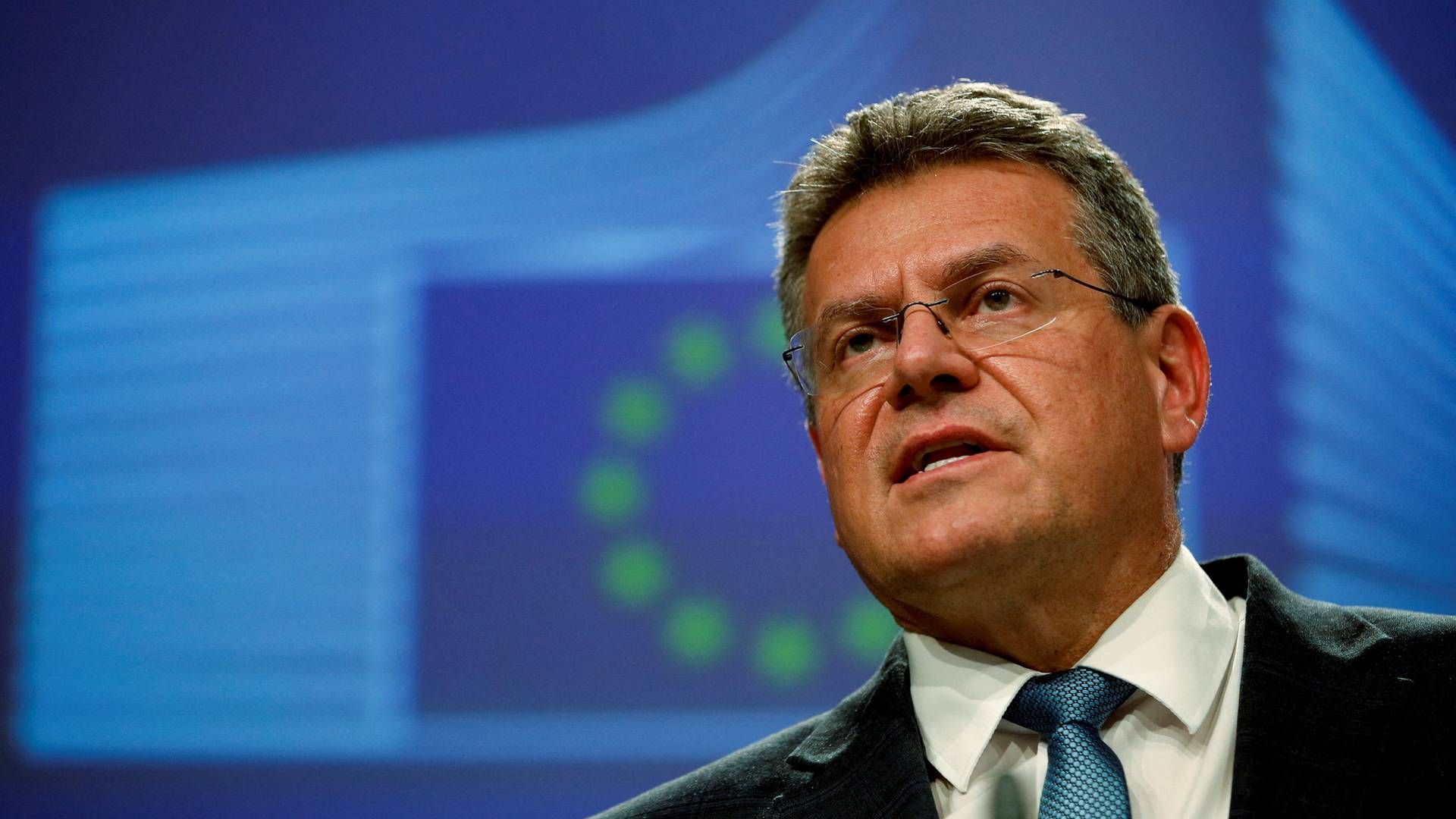
When EU energy ministers convene in Brussels next week, the ambition is to clinch a deal that can ensure aid to EU citizens struggling to pay steep energy bills, says European Commissioner Maros Sefcovic following a meeting in the EU General Affairs Council Tuesday in Brussels.
”The EU Commission presented a number of emergency measures last week. These will mitigate the growing cost-of-living crisis, which stem from high energy prices,” says Sefcovic:
”I stress that the EU Commission will assist in every way, so that these can be arranged at the extraordinary summit for energy ministers on September 30.”
The announcement reflects the amount of pressure that EU heads of state are finding themselves under to find solutions.
According to an official familiar with the negotiations, several ministers have already declared that they are unable to return from the meeting on Sep. 30 without a result.
The negotiations are based on the draft that EU Commission President Ursula von der Leyen laid out at the annual State of the Union address, held last week in the European Parliament in Strasbourg.
The central proposal is to channel EUR 140bn from energy companies to vulnerable EU citizens and companies in the eurozone.
”But in these times it is wrong to receive extraordinary record profits benefitting from war and on the back of consumers. In these times, profits must be shared and channelled to those who need it the most,” said von der Leyen last week.
Specifically, the European Commission aims to introduce a profit ceiling of EUR 180 per MWh. The cap will hit major energy companies producing cheap power from solar, wind or nuclear energy, for instnace.
Minor generators like homeowners with solar panels on the roof or farmers with smaller turbines will be spared, however, according to European Commissioner Margrethe Vestager.
Numerous practical challenges await for the proposal to go through.
The money must first be collected from the energy companies, but according to trade organizations, power is often sold several times using long-term contracts, making it difficult to trace the entities earning the money.
If successful, a complicated distribution process awaits between EU nations, given that consumers in some EU nations buy power from energy companies in other EU nations.
According to one official, a handful of nations are dependent on other nations’ energy companies being willing to pay out money.
Finally, EU nations must make targeted efforts to find those being hit hardest by the steep electricity prices, which is a difficult exercise as well.
However, pressure to help citizens is now so high that several sources say that the EU is willing to accept if the money doesn’t precisely reach their target citizens with full accuracy:
”You don’t have to hit the bull’s eyes. You just have hit inside the board,” as one source says.
EU lacks overview of companies generating windfall profits from energy
EU to cap power price at EUR 180 per MWh
France aims to use nuclear power for green hydrogen production
Related articles
EU to cap power price at EUR 180 per MWh
For subscribers

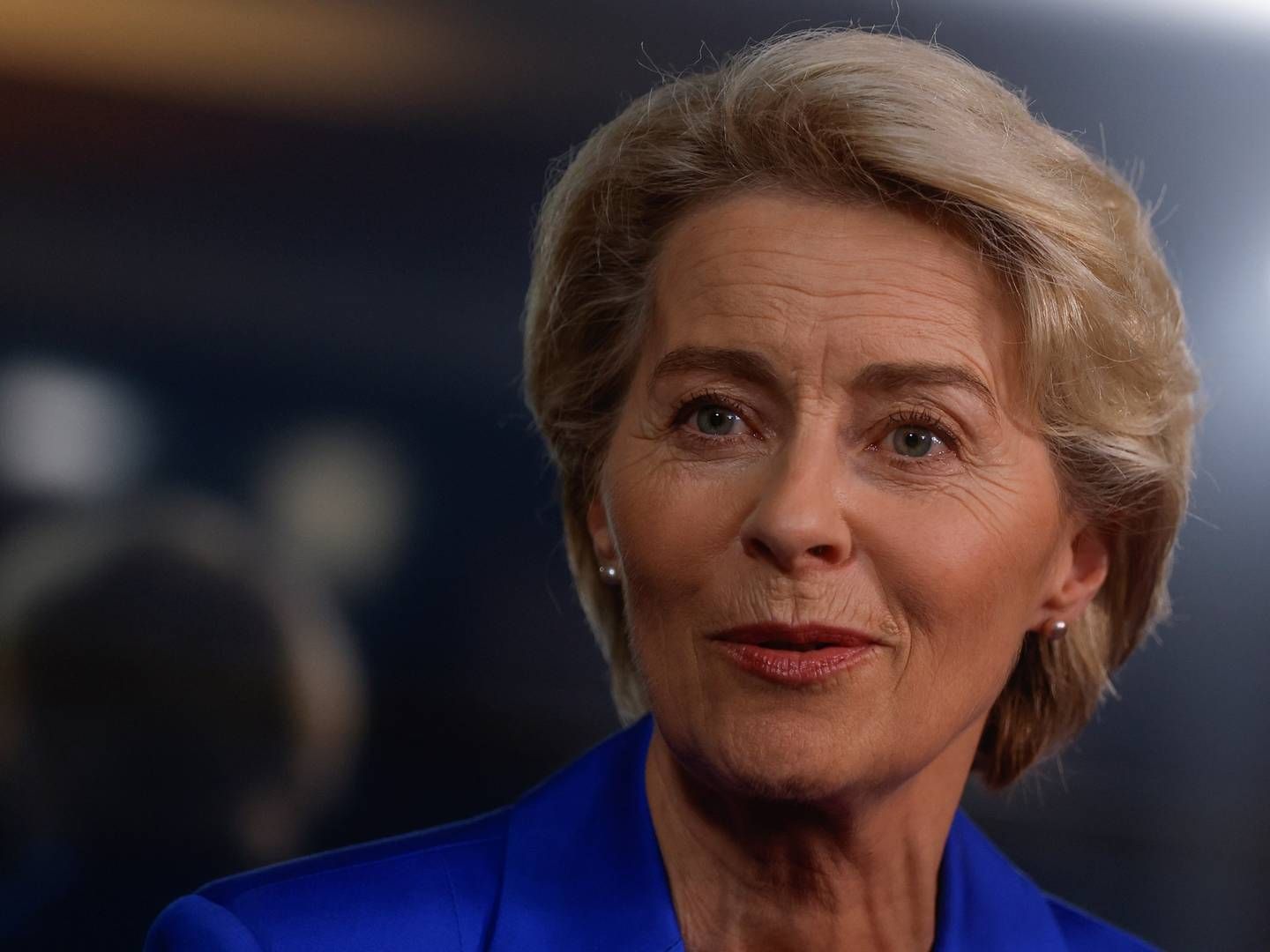
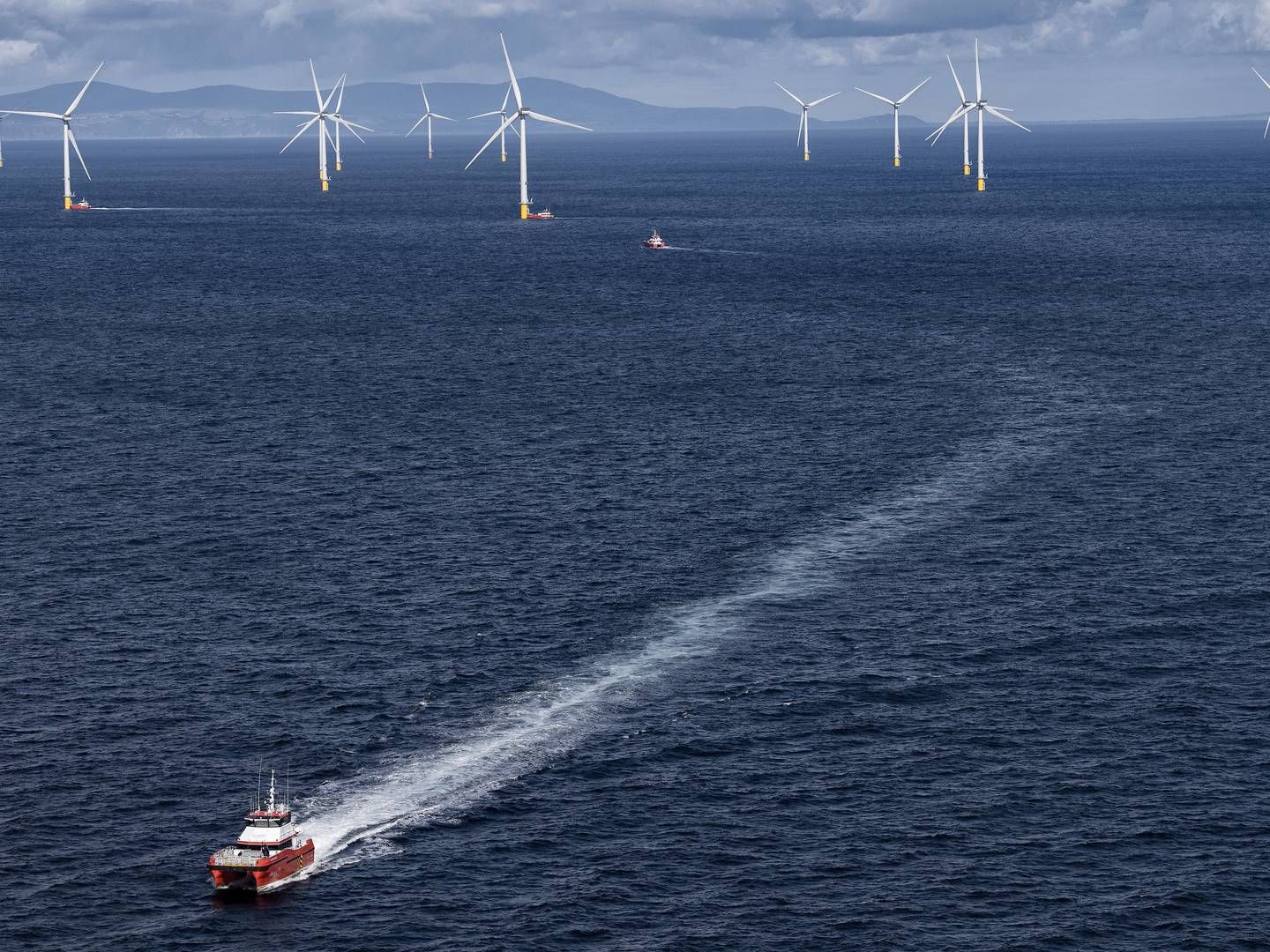
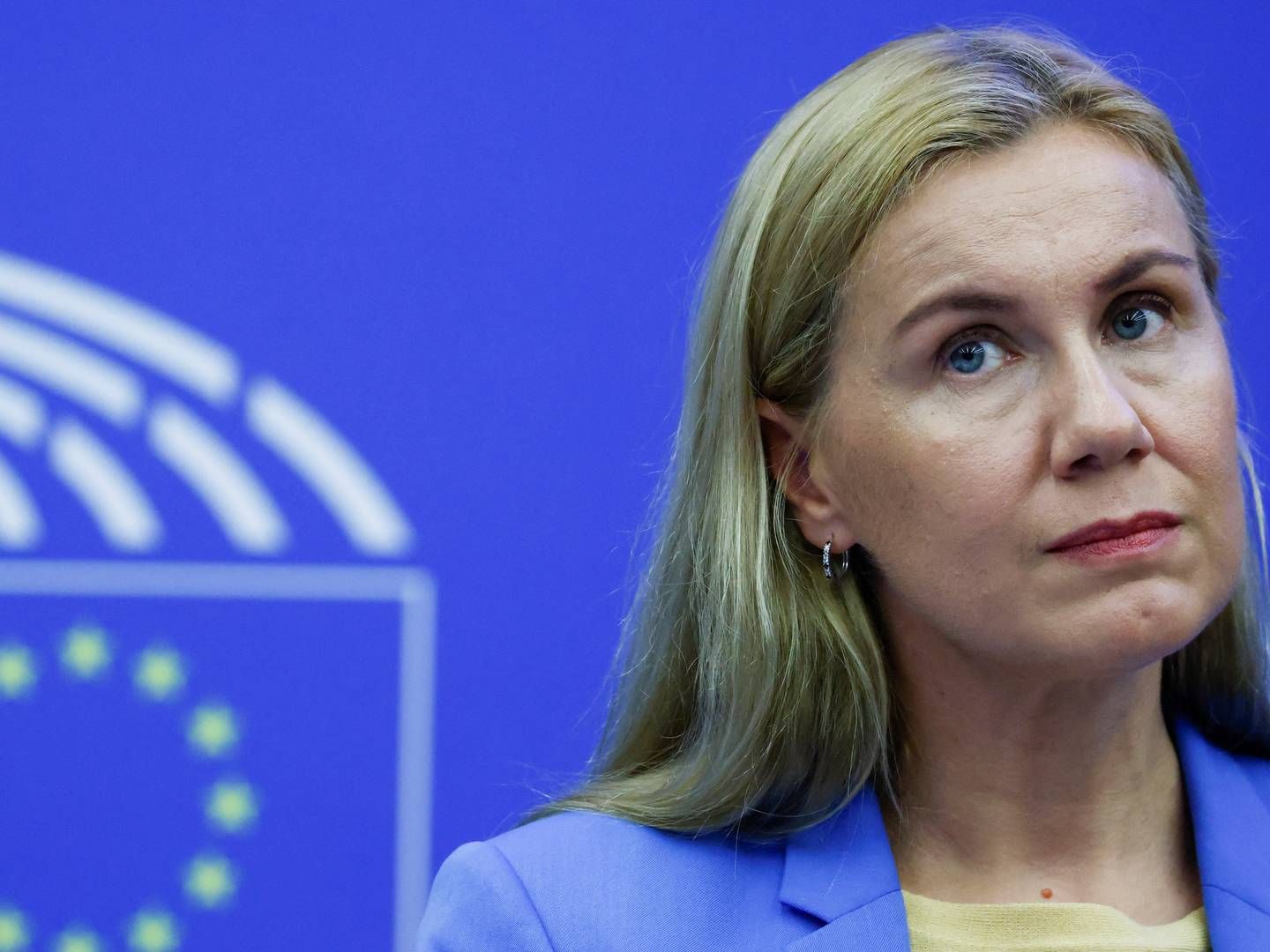

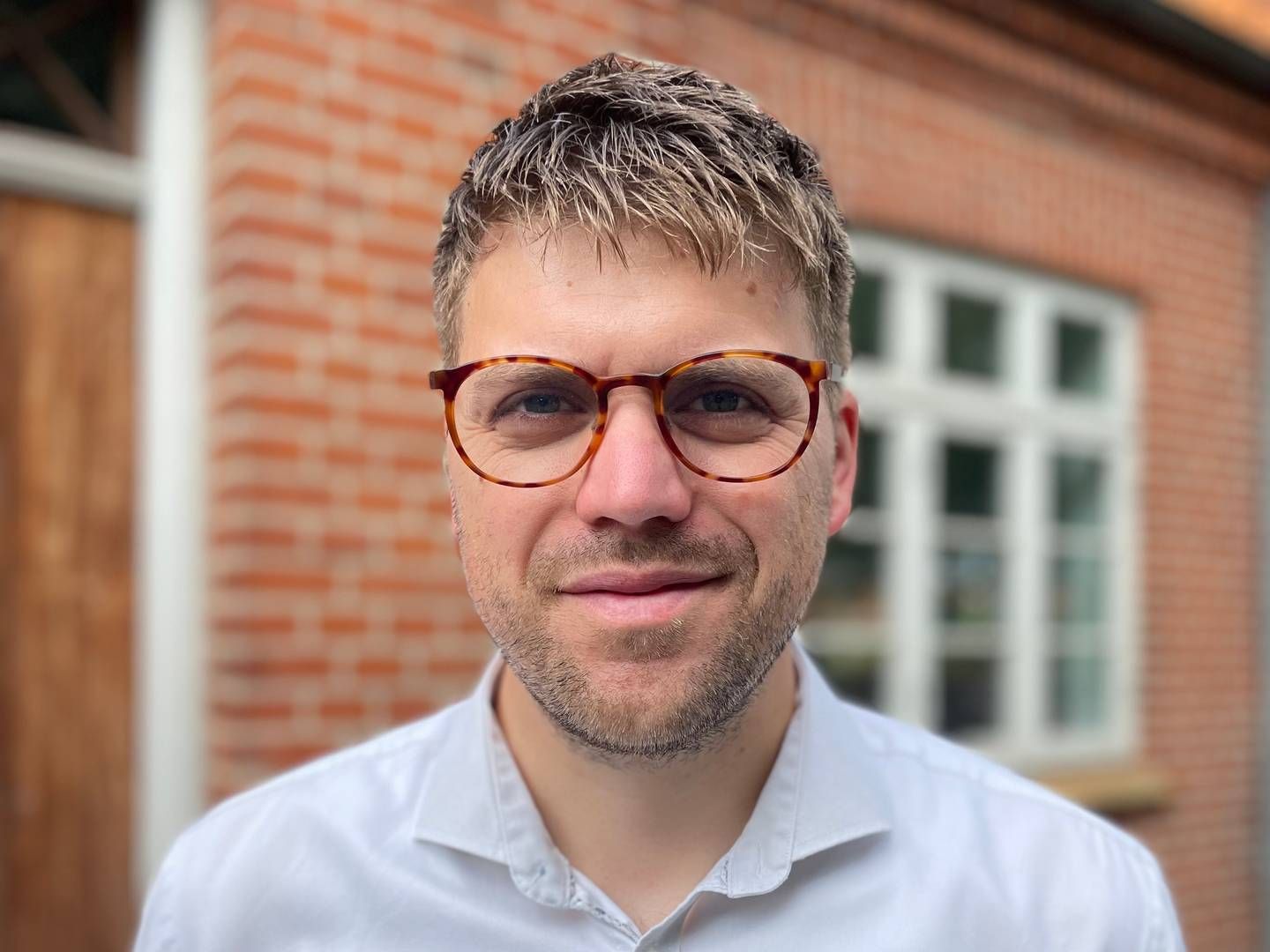
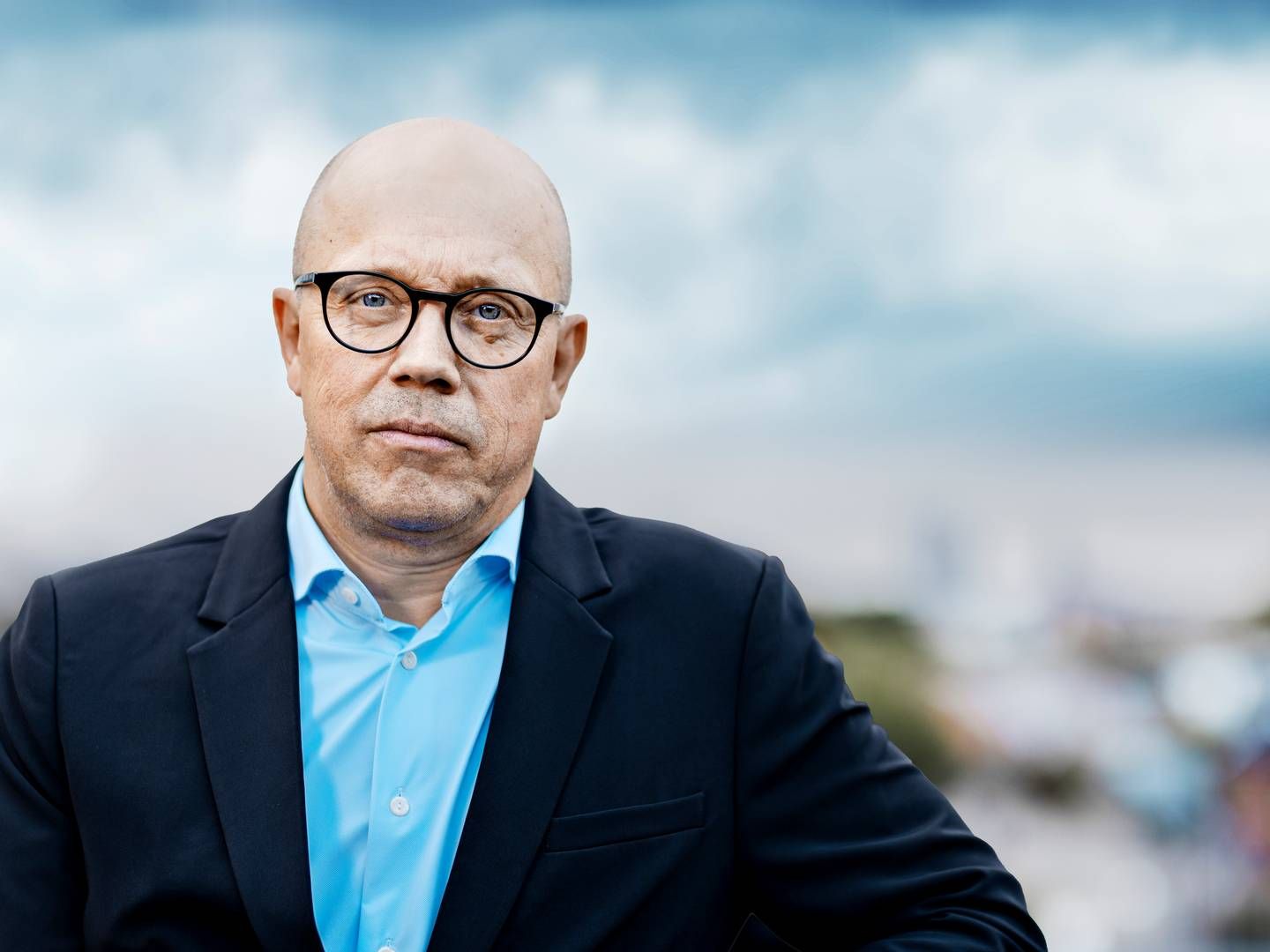





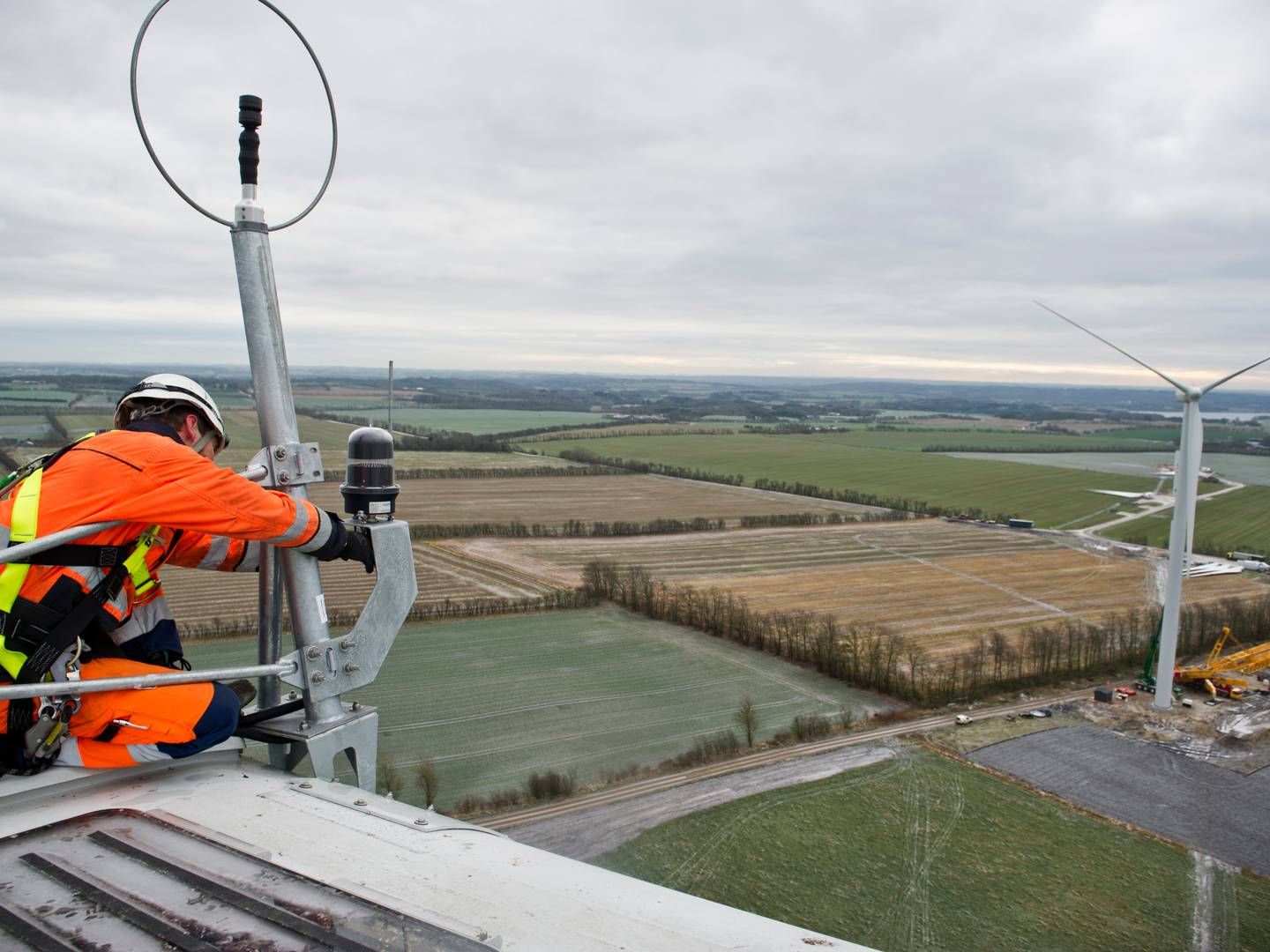
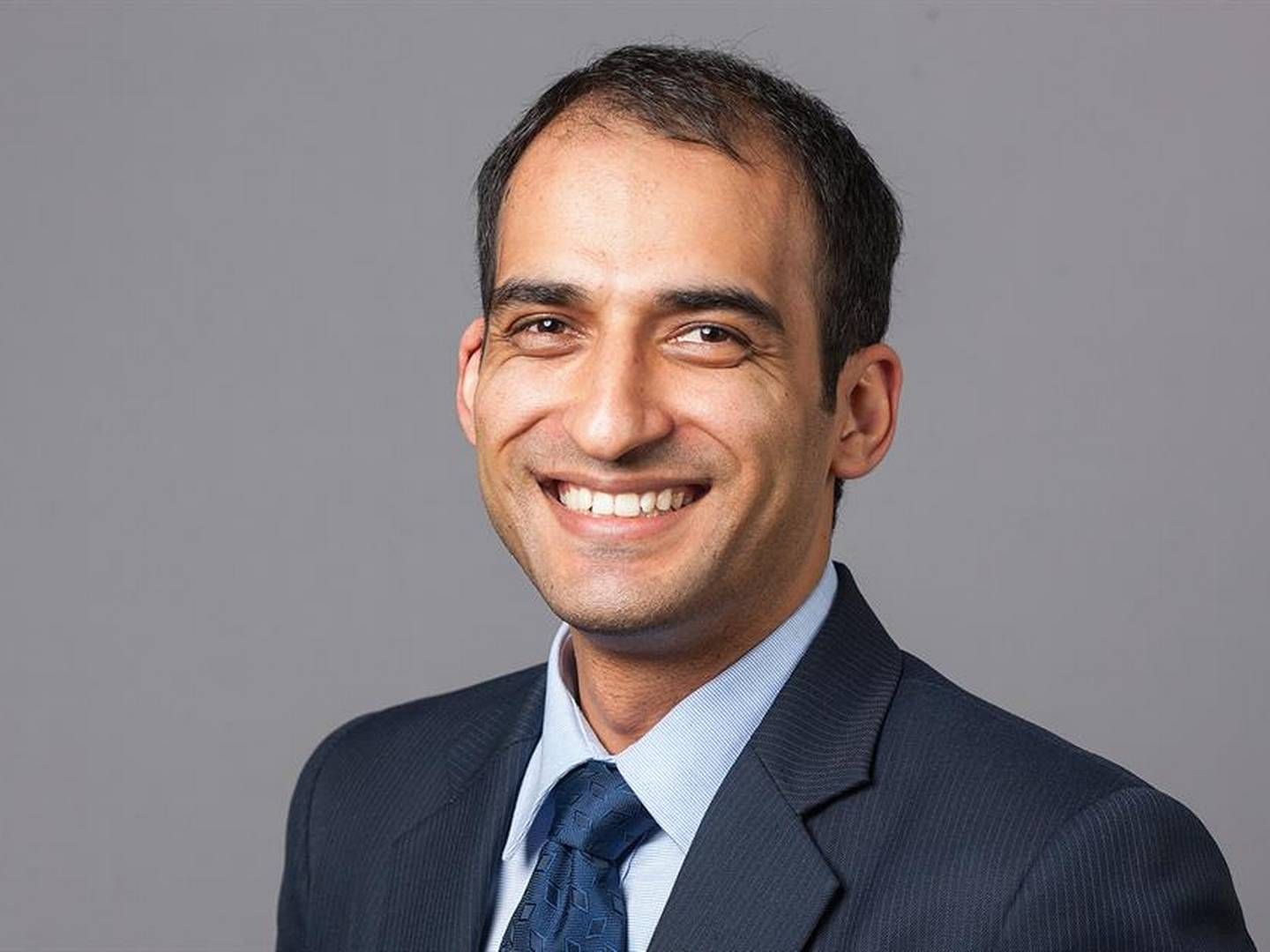


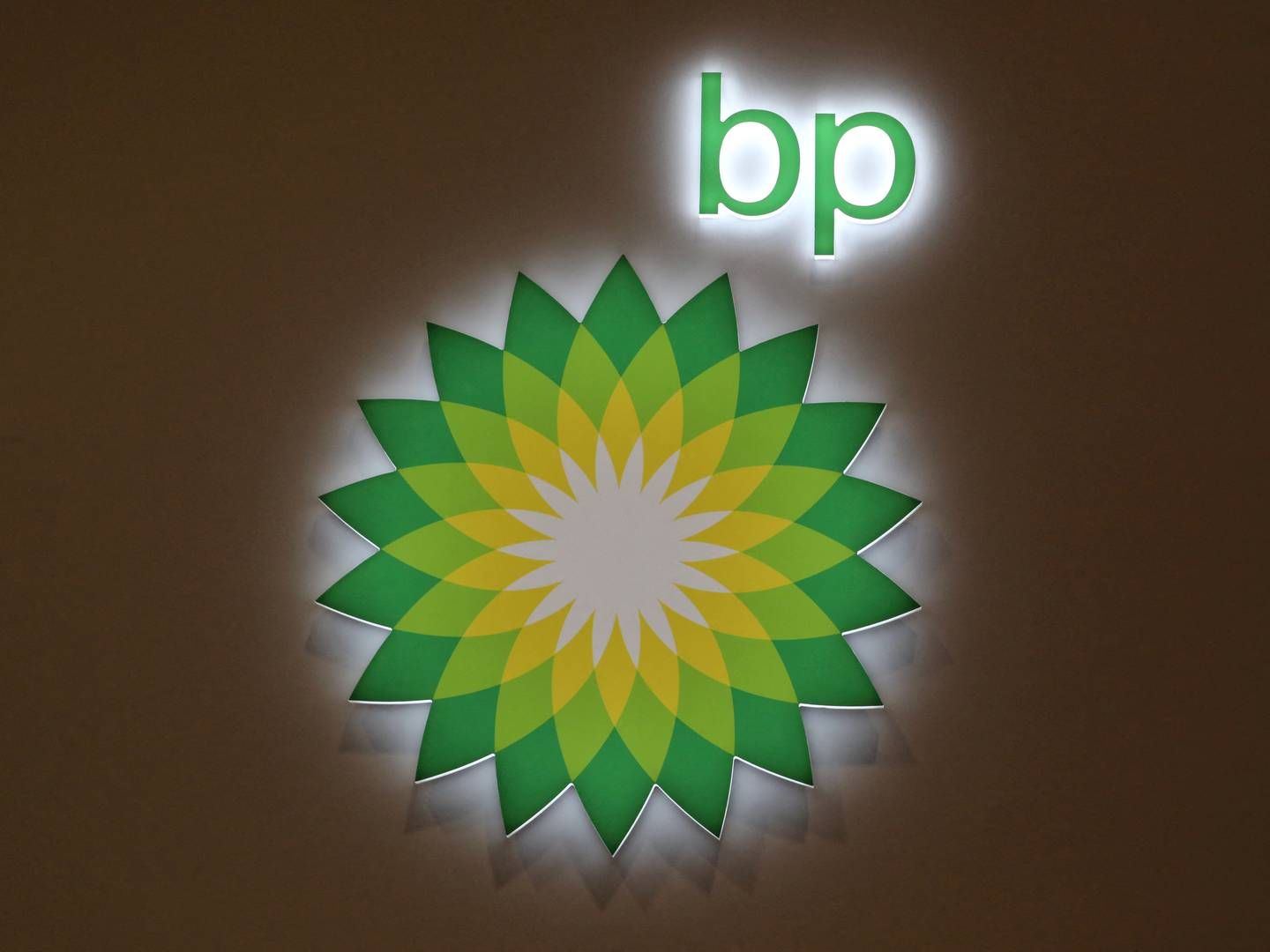
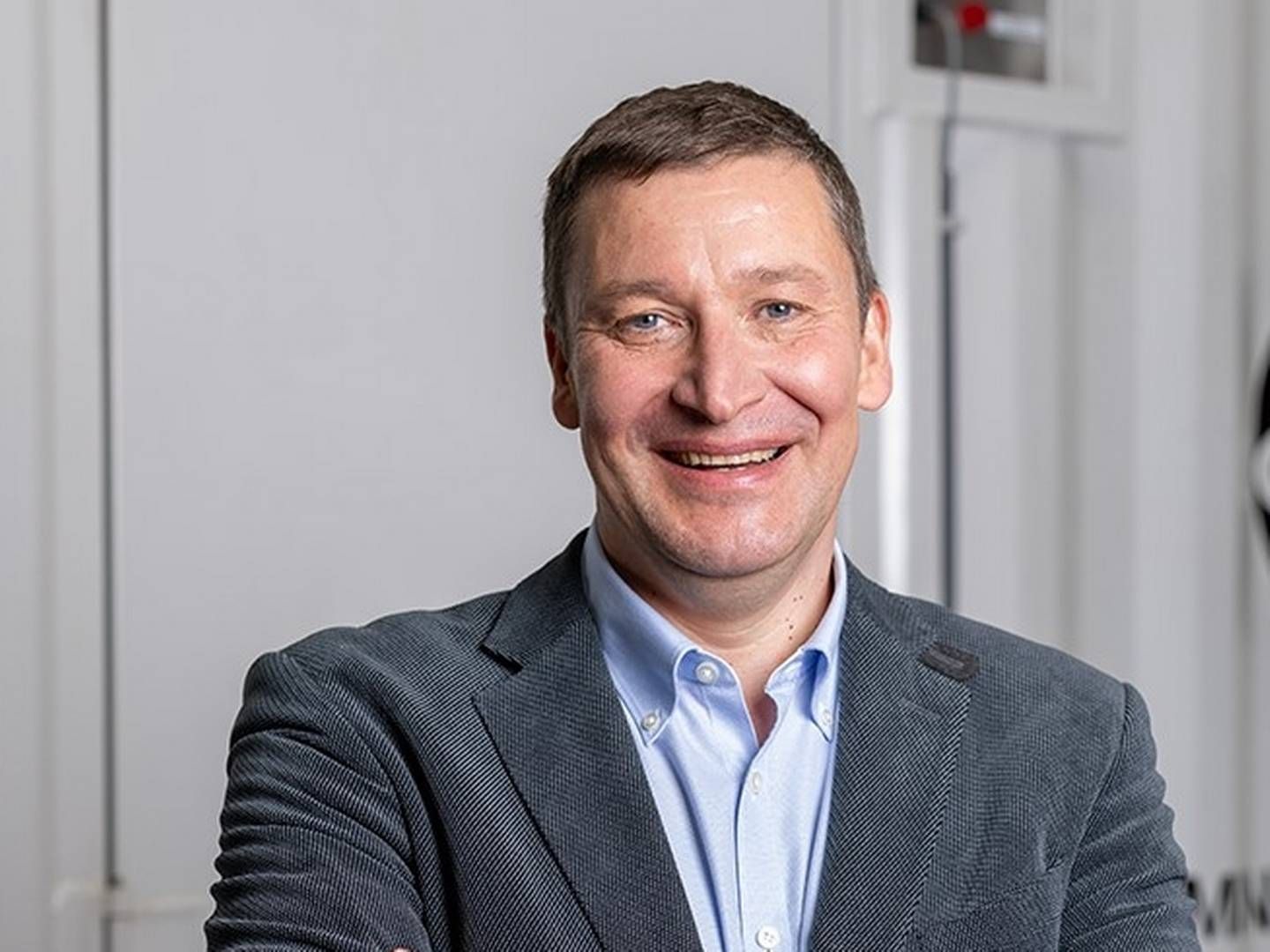
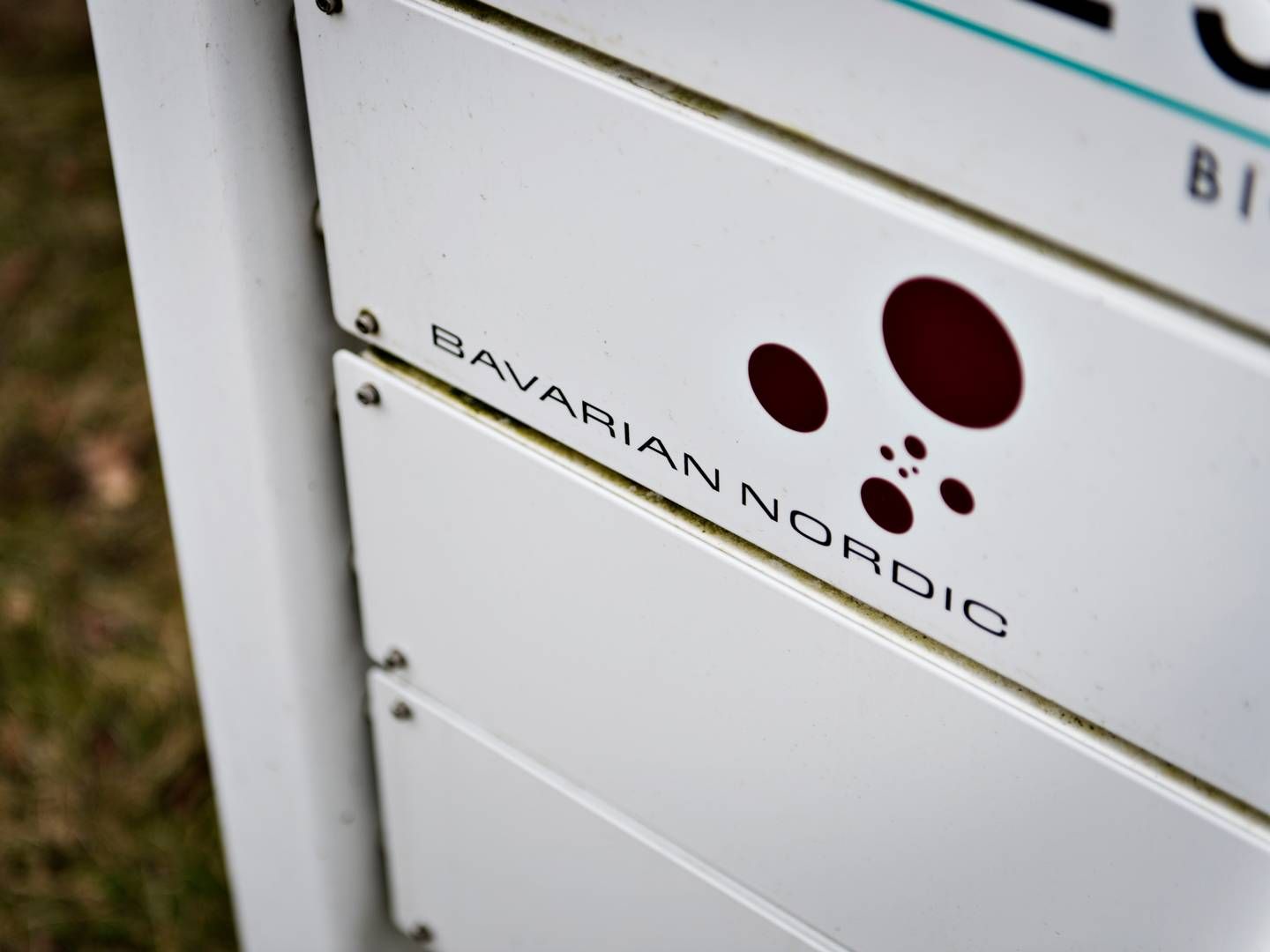





.jpg&w=384&q=75)
